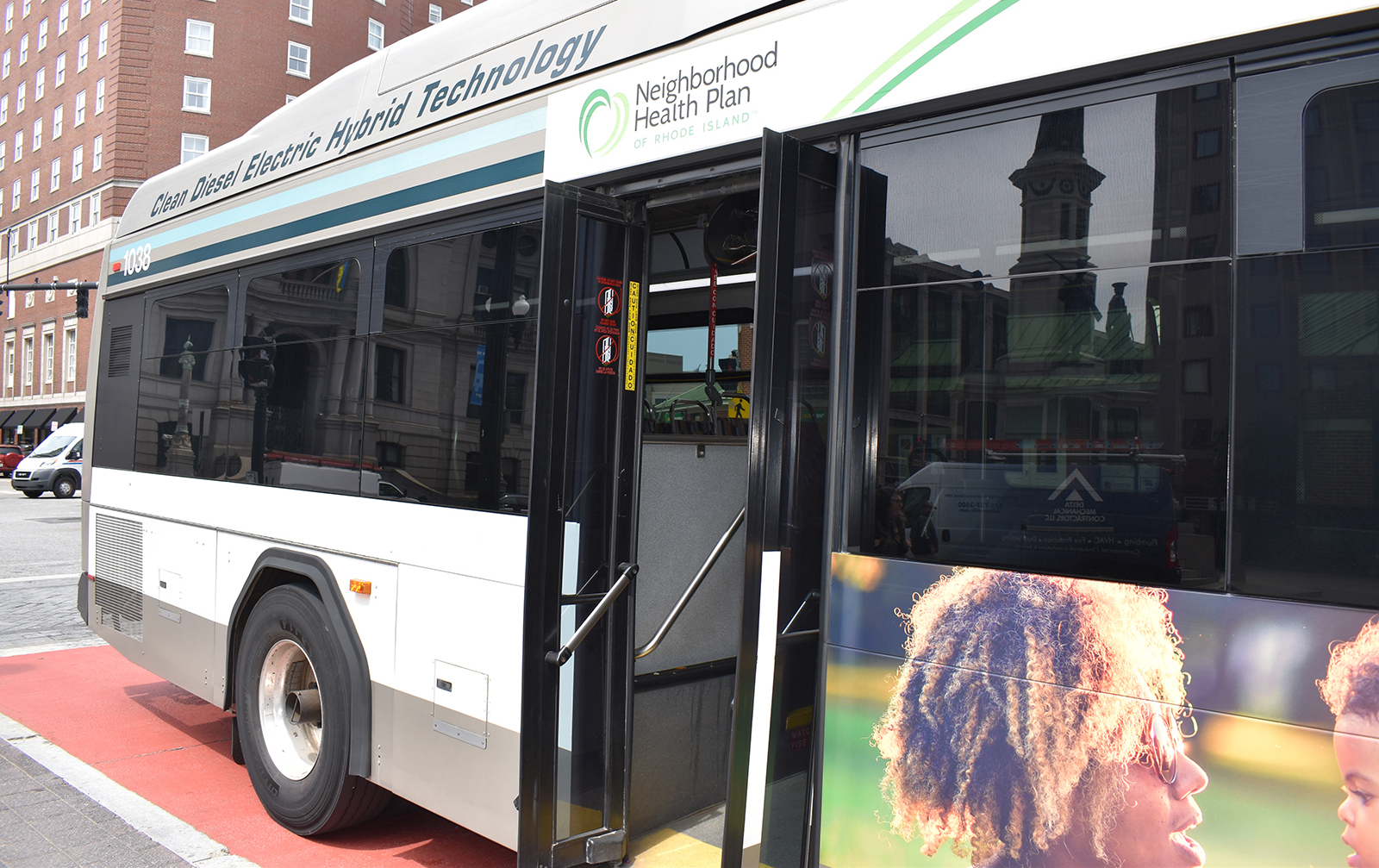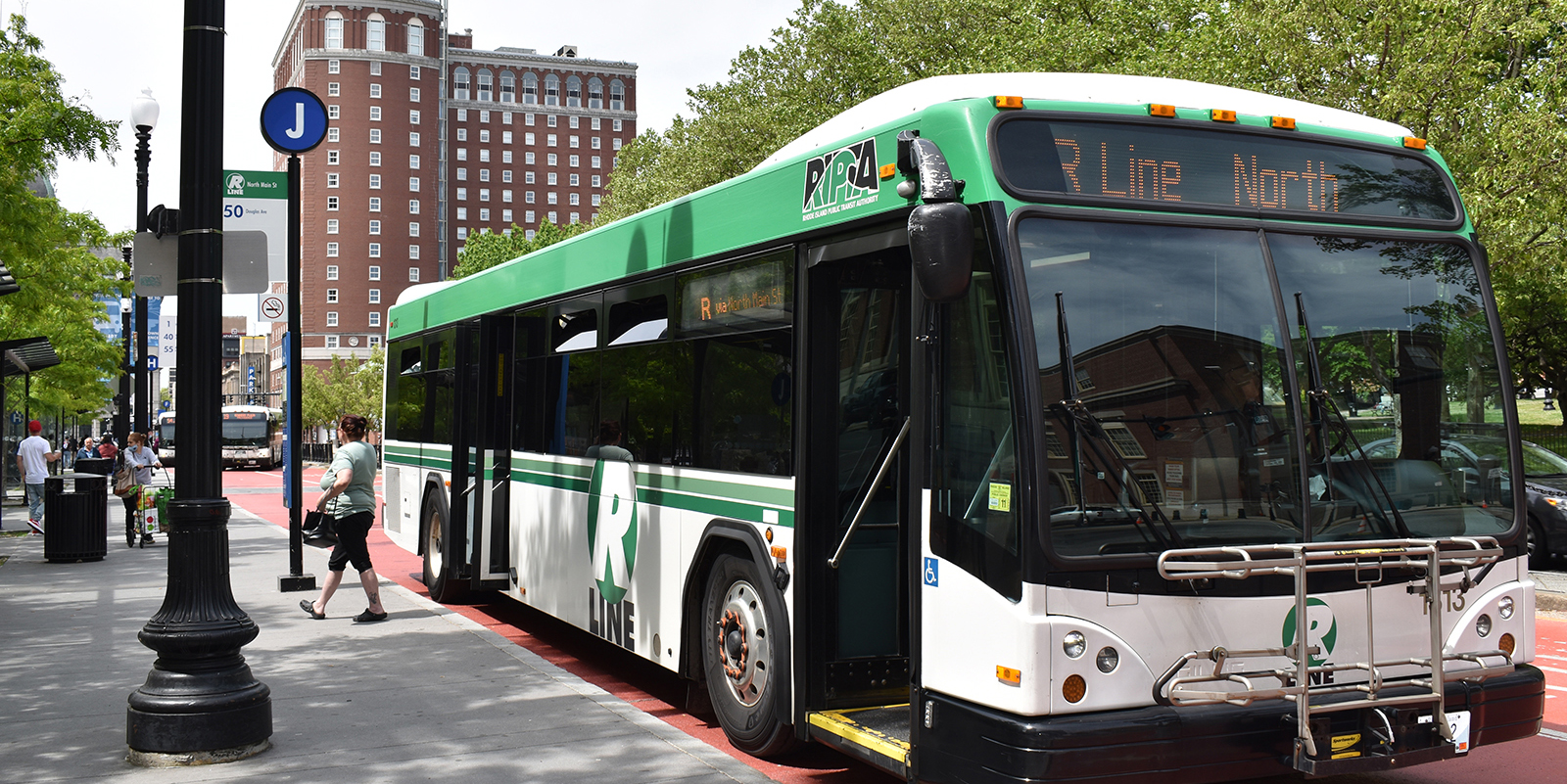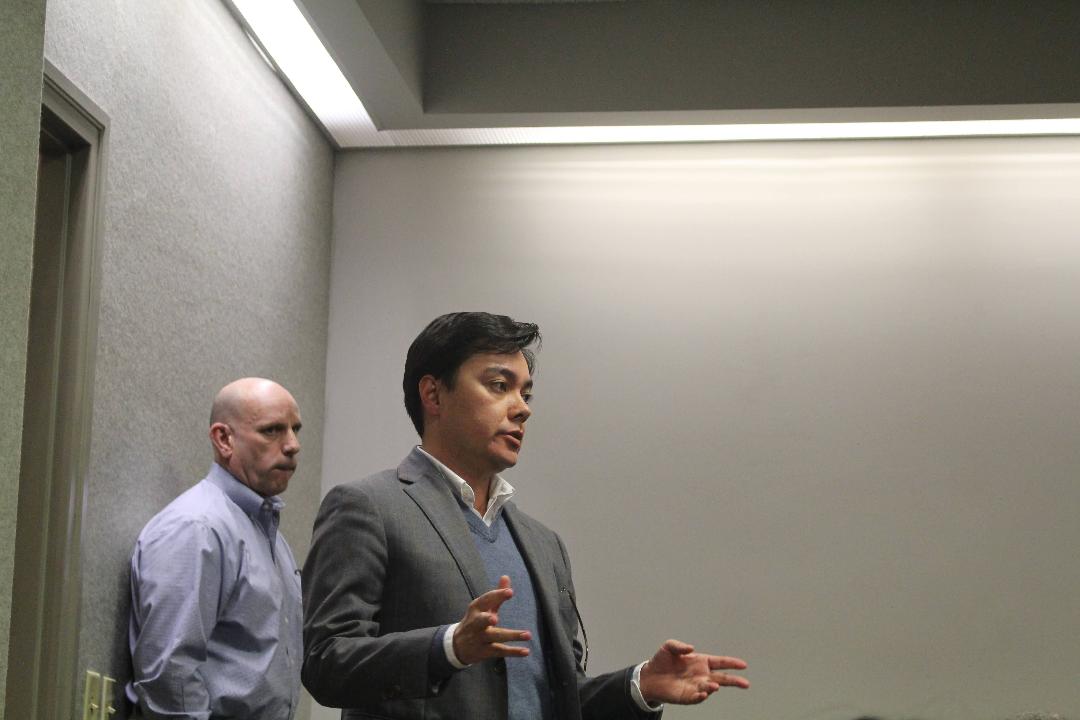Advocates Push for Equity When It Comes to Reducing Transportation Pollution
November 7, 2021
As the Transportation & Climate Initiative (TCI) and Rhode Island’s related Transportation Emissions and Mobile (TEAM) Community Act gear up for another season of legislative debate, cross-state advocates are pushing to make sure the program’s equity provisions don’t end up as false promises.
During a Nov. 4. panel discussion hosted by climate advocacy group Green For All, transportation and environmental justice advocates from Rhode Island, Massachusetts, and Connecticut shared strategies to meet the equity targets outlined in TCI.
“Key equity guardrails are going to be needed to ensure that disproportionately impacted communities meaningfully benefit in the program and can see this outcome,” session host and Green For All campaign manager Nicole Wong said.
TCI is a regional cap-and-invest system that would reduce vehicle emissions by 26 percent by 2032 and force fuel suppliers to buy allowances for the carbon produced by the fuel they sell. The initiative has regional scope, but state governments must write, pass, and fund individual programs to set TCI in motion.
In Massachusetts, the initiative gained early support from Gov. Charlie Baker in 2019. It hit a roadblock in Connecticut earlier this year, when the governor dropped it from the state budget. In Rhode Island, the TEAM Community Act, which provides the framework needed for the state to join TCI, passed the Senate but died waiting for consideration in the House. It is set to be reconsidered next session.
Equity components outlined in TCI include creating a community advisory board compiled of diverse stakeholders, monitoring air quality in high-pollution communities, and directing a minimum of 35 percent of TCI proceeds to “overburdened and underserved” communities.
If states pass TCI legislation, participating governments expect to see the initiative generate about $3 billion for green transportation options over 10 years, including about $20 million annually in Rhode Island. About $100 million annually is expected to be directed to transportation projects in vulnerable communities, but advocates said there is room for error in how states distribute this money.
“Rhode Island … has only committed to the minimum 35 percent investment in environmental-justice communities,” said Mal Skowron, transportation program and policy coordinator for the Green Energy Consumers Alliance. “But we don’t know who is considered an environmental-justice community.”
According to Skowron, funds will only meet their mark if there exists a “solid statewide definition” for which populations are “overburdened and underserved.”
Dwaign Tyndal, executive director of Boston-based Alternatives for Community & Environment (ACE), said Massachusetts does have clarity on where to direct TCI money. But without enforcement, he said that definition won’t mean much.
“We have it on paper, now the struggle becomes a political struggle,” he said, noting how the “richest country in the world” has repeatedly denied resources to Black and Brown communities.
Mark Mitchell, founder and senior policy advisor for the Connecticut Coalition for Environmental and Economic Justice, said Connecticut legislators have pushed to get environmental-justice groups to the table to discuss the equity provisions of TCI. It is a big change from past initiatives and a big step to “toward centering equity,” he said, but resource-limited organizations in the state have struggled to capitalize on regional momentum.
Skowron agreed that TCI discussions had brought many advocacy organizations to the table in Rhode Island. More could be done, she said, to listen to neighborhood experts with lived experience and local knowledge, rather than out-of-state consultants who may not know the issues at hand.
“Let’s listen and use that expertise, and also compensate it fairly for the time that they spend advising the state,” she said.
In addition to valuing neighborhood voices, Tyndal said neighborhood-level health and transportation data analyses would be a useful tool to ensure TCI proceeds are allocated to the areas most in need. Currently, he said small-scale data does not exist for the state of Massachusetts on such issues, including air quality.
Public-health analyses, therefore, often look at too large an area. They can’t address the specific concerns of communities close to highways and other pollution sources — communities that often are majority low-income, Black or Brown, he said.
According to Tyndal, ACE is working with the Harvard School of Public Health to develop an air quality monitoring system for the neighborhood of Roxbury and a linked phone app that would provide data directly to residents. They hope the system will serve as a model for local and federal governments and help to inform the allocation of resources through initiatives like TCI.
“Frontline communities that are dealing with generational air quality issues need these resources … to start showing the cumulative impact on our air quality,” he said.
Prioritizing the links between transportation and health will be key in turning TCI’s on-paper promises into on-the-ground action, according to Mitchell, who is also a preventative medicine physician and health-equity professor at George Mason University. And with equitable implementation, he said TCI’s crackdown on emissions could lead to a tangible decrease in asthma and other diseases related to air pollution.
“Environmental-justice communities are primarily concerned about health because we are dying of the diseases from air pollution, from water pollution,” Mitchell said. “That’s why I think that TCI is so important.”



